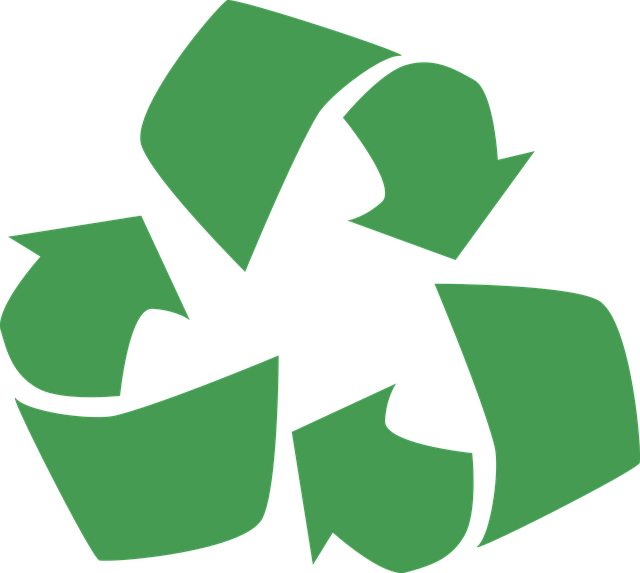 You probably learned the 3 Rs of responsible waste management in school. These are the three essential components of environmentally-responsible consumer behavior - reduce, reuse and recycle. The goal of the 3 Rs is to educate people on how to prevent excessive and unnecessary waste, and to limit the consumption of non-renewable resources.
You probably learned the 3 Rs of responsible waste management in school. These are the three essential components of environmentally-responsible consumer behavior - reduce, reuse and recycle. The goal of the 3 Rs is to educate people on how to prevent excessive and unnecessary waste, and to limit the consumption of non-renewable resources.
If you have a young child at home, or just need a refresher yourself, here is reminder of how you can change some simple daily habits to keep waste out of the landfill.
Reduce
Reduce the amount of materials and goods you consume. This might mean limiting the amount of purchases you make in the first place. Do you really need another bottle of nail polish, or another pair of black shoes? To determine your true needs and avoid impulse buys, try the three day rule: if you want to buy something non-essential, wait three days. If you're still thinking about it three days later, then you can buy it. More than likely, you will have forgotten about it.
There are other ways to reduce your consumption without limiting purchases. Buying foods in bulk often means less packaging waste. Buying in bulk is useful if you are sure you will need the full quantity you're buying. Otherwise, it could be wasteful if you can't use all of the goods before they expire.
Budgeting can also help you reduce resource consumption. If you are thinking about a new computer, but your old computer works well, save up your money little by little until you can afford a new one without using a credit card or payment plan. By the time you've gotten the money saved up, you may actually need the new computer, or you may have realized there's a better use for your saved-up money.
Turning off lights when you're not in the room, unplugging electronics when not in use, and fixing drippy faucets are other ways to reduce your consumption of essential resources. It will also lower your utility bills - bonus!
Reuse
Reusing is the act of taking old items that you might consider throwing away and finding a new use for them.
Get the most mileage out of the materials you encounter. Jars from grocery store foods can be used to store leftovers or to take lunch to work. Use old clothing as cleaning rags.
Sometimes materials can be reused by other people. Working computers and parts can often be donated to community centers or charitable organizations. Clothing can often be donated and given a second life.
Recycle
This is probably the most well-known and well-understood of the 3 Rs. If you have recycling pick-up services, you will be familiar with recycling paper, plastic and metal materials. These materials are carefully processed at TC Recycling. The separated and processed materials will later be processed into other goods.
Buying recycled goods is another way to participate in this part of the 3 Rs. You may start to notice more and more products with a "Made From Recycled Material" stamp. These products are no different from standard goods; they're just helping to make the most of valuable resources.